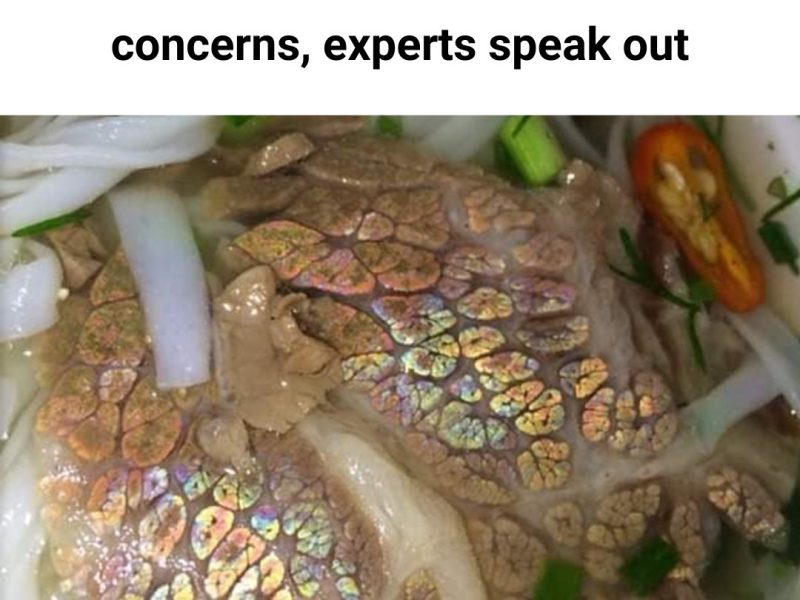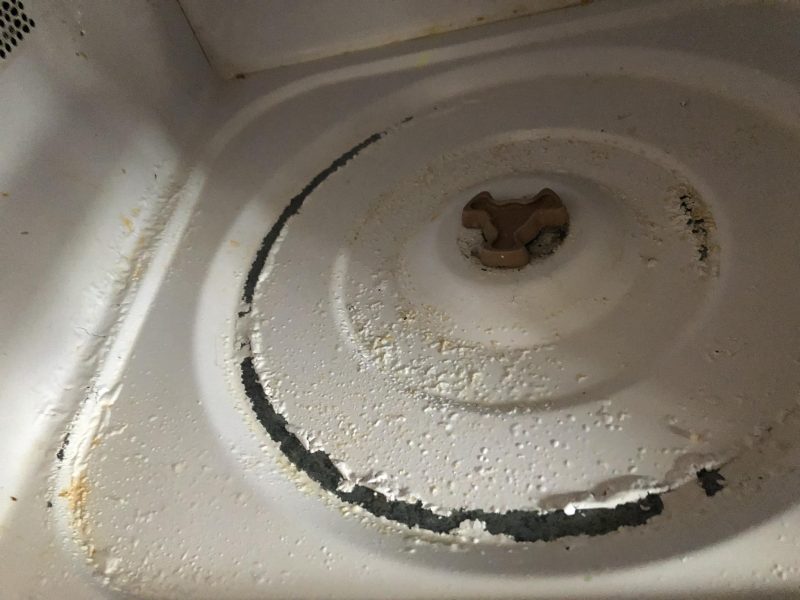When my mom died, I was 11, learning to make my own meals to support her. After her passing, I kept cooking, finding solace in the kitchen. I’m Sophie, 16, living with my dad, who sometimes left lunch money but often left me to fend for myself. Our home was quiet until my stepmom, Brenda, arrived with her three kids, turning it chaotic. She smiled brightly, saying, “Sophie, you’re part of the team,” but meant I should care for her kids. With school and my bakery job, I avoided her demands.
Before Dad’s two-week trip, he assured me Brenda would provide lunch money. The next morning, I asked, but she snapped, “You’re 16. Handle it.” Her kids ate cereal as she typed on her phone. Anger flared, but I said, “Okay,” and left for school. I picked up an extra shift at the bakery, my boss, Ms. Patel, allowing a few hours. I spent my wages on groceries—chicken, pasta, fruit, and yogurt—cooking for myself and eating in my room, ignoring Brenda’s stares as I passed the dining table.

I made a routine, cooking quick meals and blending smoothies for breakfasts. One day, Brenda stopped me by the pantry, her voice sharp. “You’re cooking, so feed us too. It’s selfish otherwise.” I met her eyes. “Will you pay for groceries?” She scoffed, saying my job covered it and her kids were my siblings. “They’re not,” I said. “Dad said you’d help.” She mentioned Dad’s disappointment, but I held my ground. Soon, my lunch—chicken stir-fry—vanished. Her kids ate my baked peaches, Brenda pretending not to notice.
I’d had enough. I bought a mini fridge and lock, installing them in my room. Brenda mocked me, her kids laughing. I stocked it, including a smoothie with milk, labeled clearly. The next morning, my fridge was forced open, the smoothie gone. Brenda screamed, clutching her stomach, yelling, “You knew I’m lactose intolerant!” I stood firm. “I locked my food. You stole it.” She called me cruel, but I replied, “Not my problem.” She threatened to tell Dad, but I was prepared.
When Dad returned, Brenda ranted, but I spoke up. “She refused lunch money, so I bought my own food. She broke my fridge and took it.” Dad looked at Brenda. “Is this true?” She stammered, calling me selfish, but Dad said, “With her own money?” I explained the labeled smoothie, and Dad sighed, looking exhausted. He took over groceries and gave me an allowance. Brenda stayed distant, and my fridge remained, its broken lock a reminder. One evening, Dad sat with me, saying, “I’m sorry I wasn’t there. Your mom would be proud.” I whispered, “I miss her,” and his hug warmed me. My stand taught Brenda boundaries and brought Dad closer.


